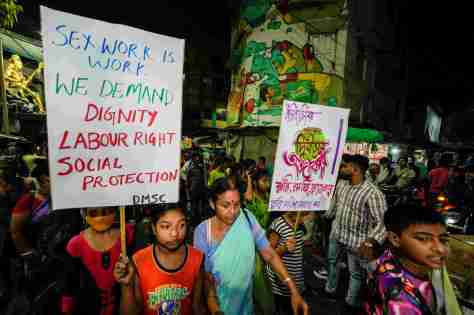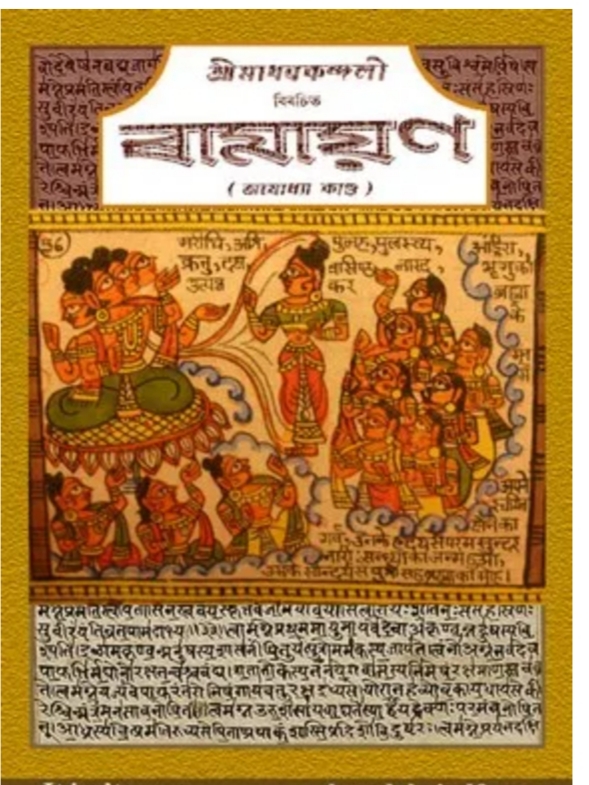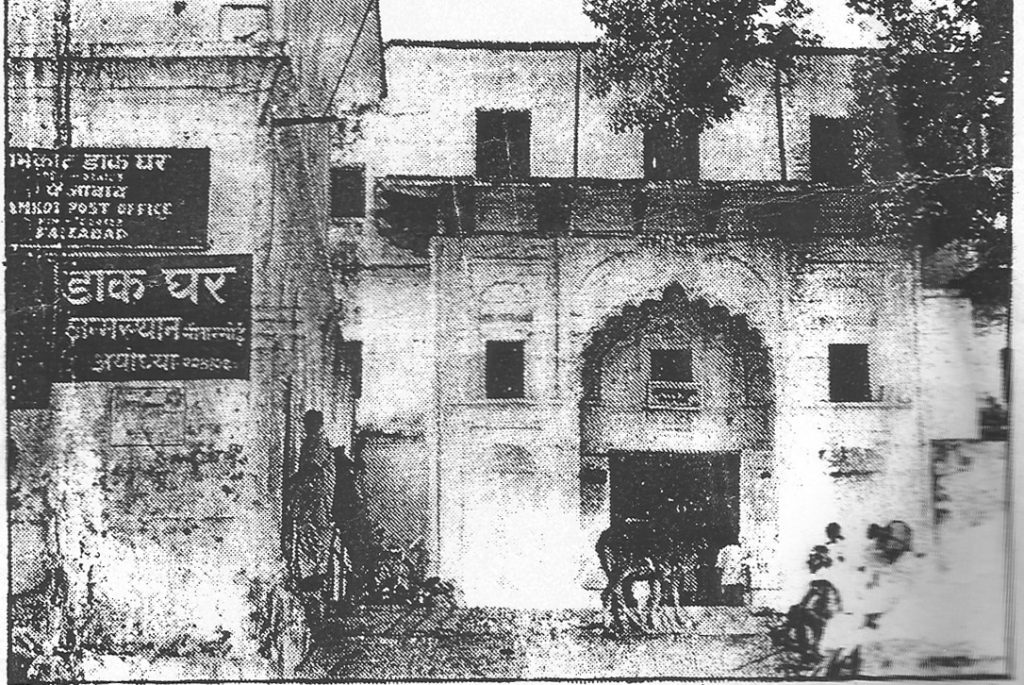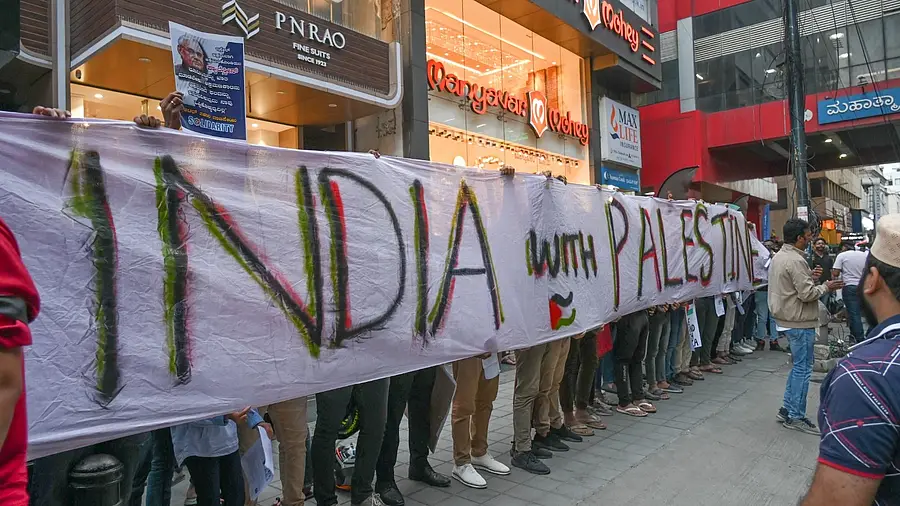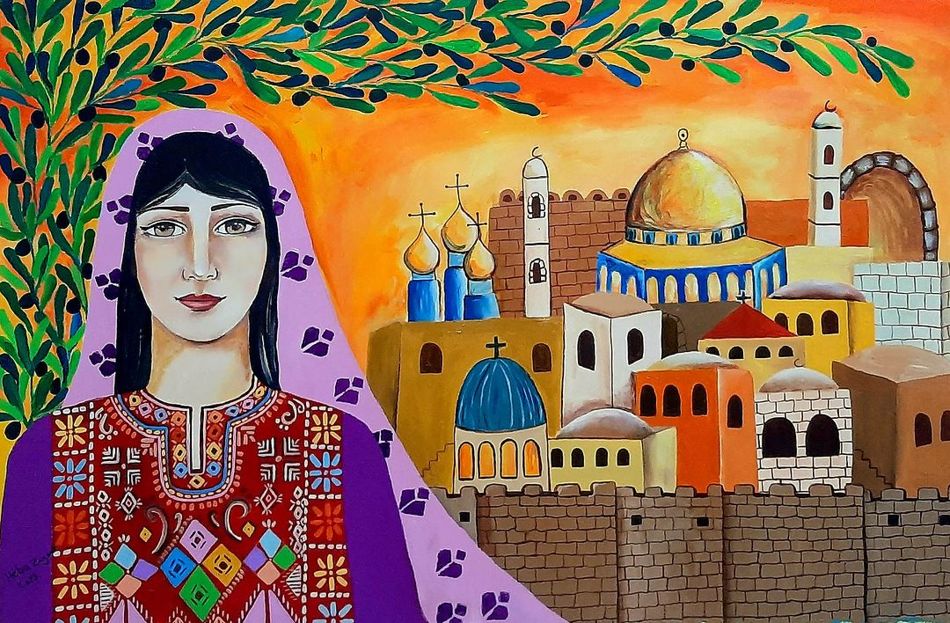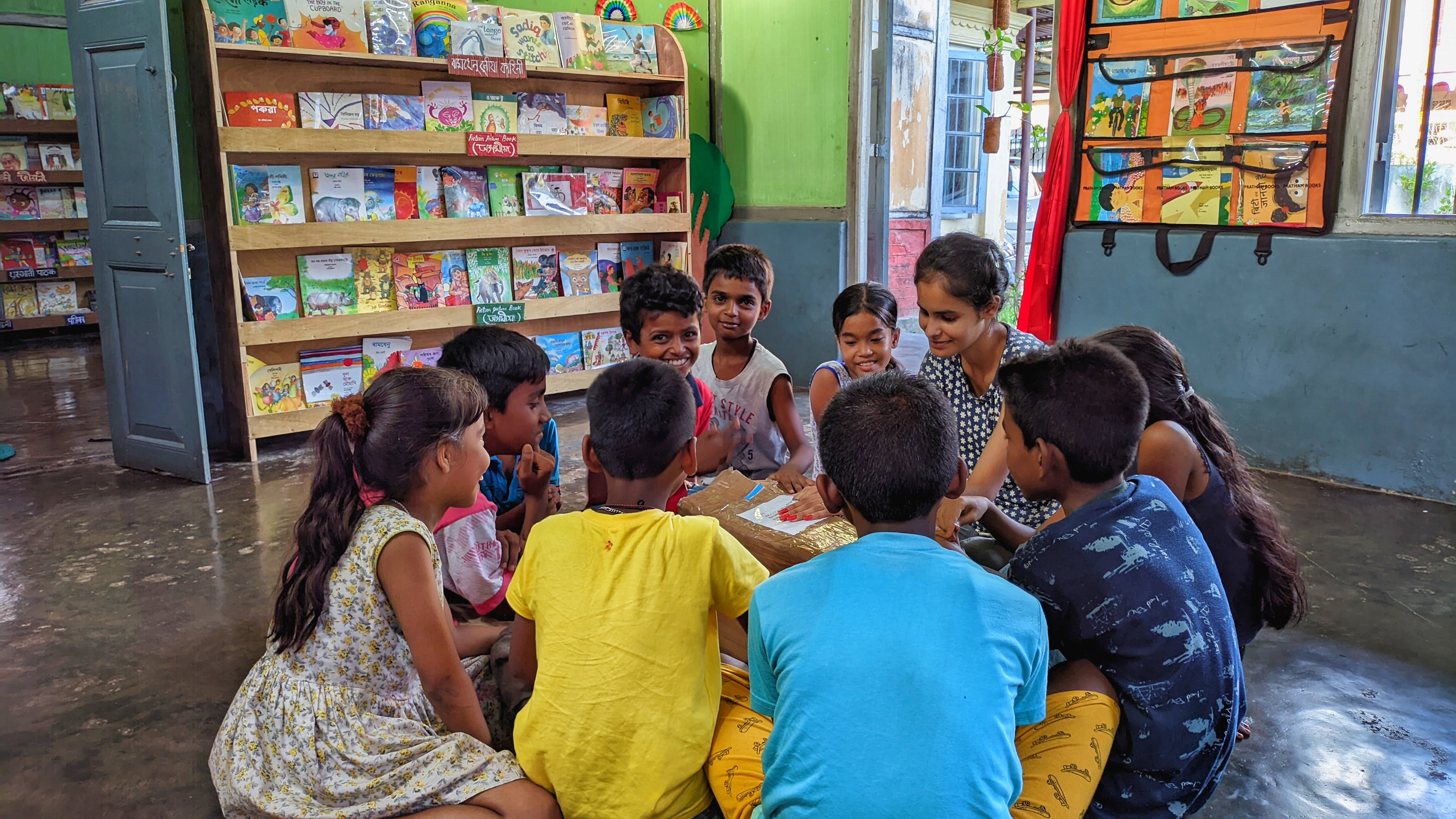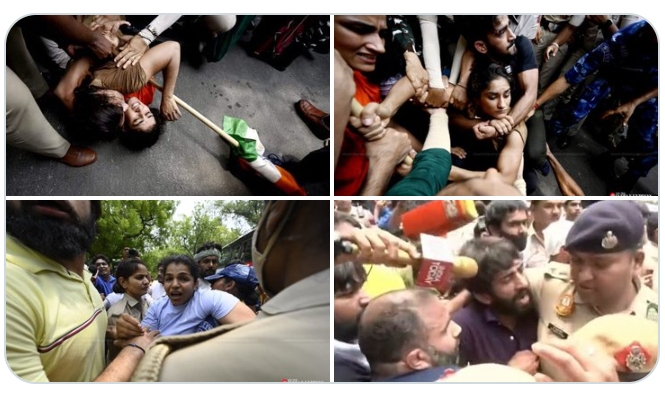Statement released by Bahutva Karnataka, a forum of concerned citizens and organisations
“Nari Shakti” was invoked by Prime Minister Narendra Modi amid ‘Azadi Ka Amrit Mahotsav’ in 2022. Since then it has been highlighted as an important plank by the BJP. This report looks at how women have fared over the last decade and outcomes of key women focused initiatives.
Violence against Women
Claim: Women’s security will be given more priority (BJP Manifesto, 2019).
“India has been shamed by a string of high-profile rapes and sexual attacks on women….Our heads hang in shame when we hear about rapes….Why can’t we prevent this?”
– Narendra Modi, 2014
“Women security is UP government’s top priority
- CM Yogi Adityanath
Reality: Crimes against women and sexual violence have increased in 10 Years of Modi Rule Continue reading Nari Shakti – A report card for the 2024 Elections: Bahutva Karnataka




